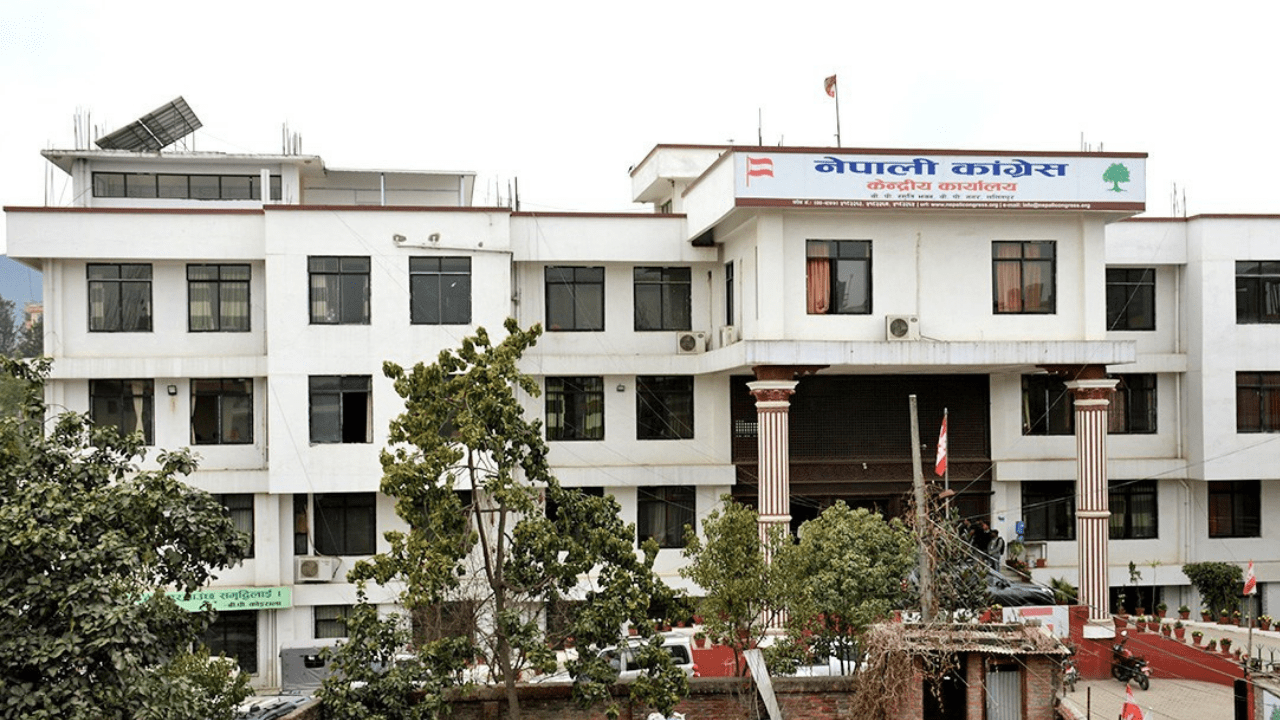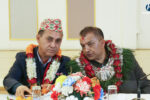KATHMANDU: The Nepali Congress (NC) has prioritized the establishment of cultural museums in all seven provinces to reflect the art, culture, costumes and ethnic identity of all castes and communities.
In the manifesto released by the party for the November 20 elections to the House of Representatives and the Provincial Assemblies, the Congress has pledged to establish at least one province-level museum that reflects the language, literature, art, culture, music and history of different castes, communities and geography.
In the manifesto, it is mentioned that education will be arranged in the languages of all castes of Nepal.
It has pledged to establish auditoriums for language, literature, art, culture, music, film and drama performance in all seven provinces.
The Nepali Congress has announced that it will allocate sufficient budget to make the important academic institutions of the country effective, including Nepal Academy of Arts, Nepal Music and Drama Academy, and Nepal Academy of Fine Arts.
The Congress has said that the curriculum from school level to university will include the contents of Nepali literature, art, culture, history and knowledge science and make timely changes.
Nepali films and related fields will be kept under the Ministry of Culture, Tourism and Civil Aviation and the regulatory body will be transformed into the National Film Commission and made fully autonomous.
The Congress is committed to work to make the copyright of the creators legally stronger and fully implemented.
An effective program will be formulated for the protection of the endangered folk music heritage.
When exporting any materials, information and creations of Nepali language, literature, art, culture, film, handicrafts, sculpture, woodwork and architecture outside Nepal, it will be done on the basis of equality with other countries and tax exemption will be arranged.
The Nepali Congress has expressed its commitment to introduce a rule to spend a significant portion of the social corporate responsibility by profitable commercial and financial institutions in the fields of language, literature, art and culture.









Comment